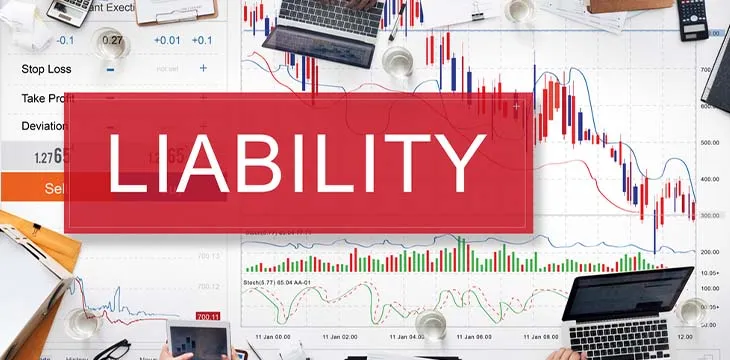|
Getting your Trinity Audio player ready...
|
This article was first published on Dr. Craig Wright’s blog, and we republished with permission from the author.
To some, the current developer issues with Bitcoin are about overturning all the changes around Grokster and LimeWire.
There is a concept in law called secondary liability. Another name is vicarious liability. I have covered the concept many times, and in fact, it is a part of my LLM thesis that was released before the launch of Bitcoin. Saying that ‘you are peer-to-peer’ does not remove liability. I have mentioned before that I used to work for groups associated with the software and media copyright industries, which include the Recording Industry Association of America (RIAA) and other organisations. I also mentioned that I had done work for Metro-Goldwyn-Mayer (MGM). I’m surprised that people haven’t put some of these things together properly, and if they did, they would come to understand what I see as the core of Bitcoin here.
In 2005, Grokster was sued by MGM, and the case went all the way to the Supreme Court of the United States. MGM won, and Grokster lost with the developers being considered fiduciaries. The Supreme Court held that groups and offenders, which could be loosely defined as it is with Bitcoin Core, who develop and actively promote technology, can be held liable for an infringement that the user commits.
In addition, I understand competition law in the United Kingdom very well. It was incorporated into my studies.
The action in the Federal Court to shut down LimeWire applies to other peer-to-peer networks and systems, too. So if people believe that BTC is outside the law, they should remember that the entire LimeWire system was closed. If you believe that peer-to-peer networks are outside of the reach of courts, you should look at Grokster; in that case, it was noted that if you actively recruited people who sought to infringe and bypass the law, you didn’t have clean hands, and your system could be shut down. At present, the promotion of my database without any rights and the incorporation of some of my intellectual property into the system present a breach.
If you investigate the scenario, you will find that it is a case where the copyright owner, myself, may urge the court to find the technology vendor, Bitcoin Core, liable for distributing a multiuse technology with the ability and purposely activated to infringe the database rights, which are based on copyright rules in the U.S. and special rules in the U.K.
Creating a completely new system is a valid response, but you start from scratch. I have no issue with someone doing so, unless they integrate my technology, in which case the same issues apply as explained. Unless you use any of the intellectual property that I have developed, you should have no problems if you have a completely new database and start with no existing holders and don’t ‘pre-mine’ (which creates a tax issue; something separate such as a ‘pre-mine’ presents a taxable event). When people say that they will copy Bitcoin (BSV), they seem to forget that you can’t. When people set up new systems or integrate some of the existing patented material that I have, they seem to neglect such a form of infringement.

 07-13-2025
07-13-2025 





